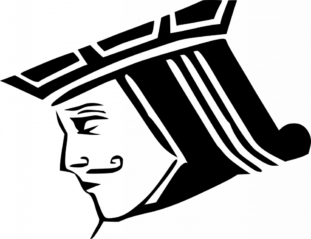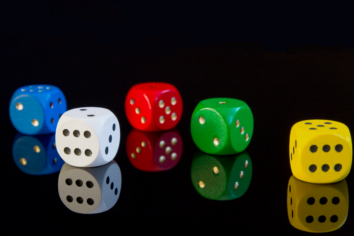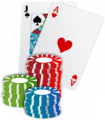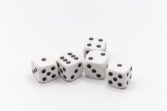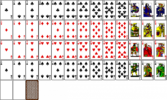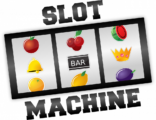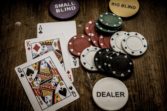Bingo Slang: Exploring the Language of Casino Games
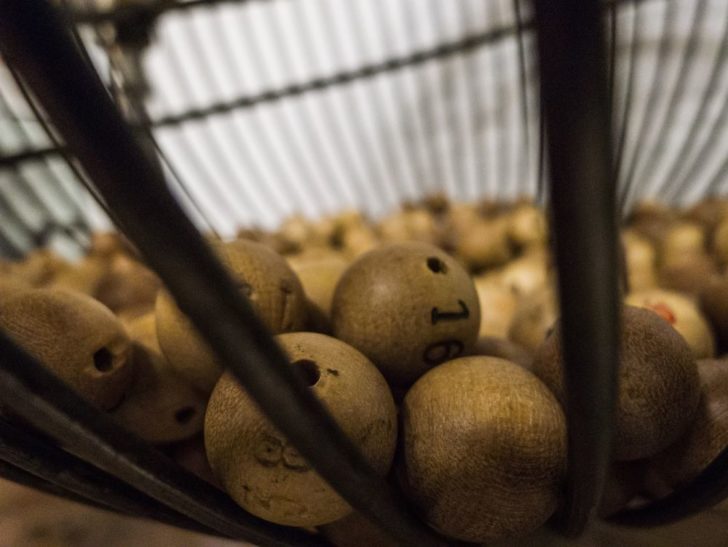
Introduction:
In the world of casino games, there is a fascinating subculture that revolves around the language used by players. Whether it’s the excitement of shouting “bingo” or the strategic conversations among players, understanding the slang terms and phrases used in these games adds a new layer of enjoyment and camaraderie. In this article, we delve into the realm of “bingo slang” and explore its significance for those interested in casino games.
Understanding Bingo Slang:

Bingo slang refers to the specific jargon and terminology used within the bingo community. While some of these terms have become widely known, there are others that remain cherished secrets among seasoned players. For those new to the world of casino games, learning bingo slang can be a way to quickly immerse oneself in the vibrant atmosphere of the bingo hall.
“Bingo” – The most famous term in the bingo universe, this exclamation signifies that a player has completed a winning pattern on their bingo card. It is usually accompanied by cheers and applause from fellow players.
“Caller” – The person who announces the randomly drawn numbers during a bingo game. The caller’s role is crucial in maintaining the pace and excitement of the game.
“Daubers” – Specially designed markers used to cover the called numbers on a player’s bingo card. Daubers come in various colors and designs, adding a touch of personalization to the game.
“Full House” – When a player completes all the numbers on their bingo card, it is referred to as a “full house.” This achievement often leads to a more substantial prize.
The Evolution of Bingo Slang:
To truly understand the significance of bingo slang, it is essential to explore its historical evolution. Bingo, as we know it today, traces its roots back to a game called “Beano,” which originated in the United States in the 1920s. During this time, it was common for players to use dried beans to cover the numbers on their cards, hence the name “Beano.” As the game gained popularity, players started developing unique phrases and terms to create a sense of belonging and camaraderie.
The Birth of “Bingo Slang”: As Beano evolved into what we now know as bingo, players began replacing the traditional numbers with rhyming phrases and witty descriptions. This linguistic shift added an extra layer of fun to the game, transforming it into a social event rather than just a numbers game.
The Roaring ’20s: In the 1920s, the flamboyant culture of the Jazz Age took center stage, impacting every aspect of society, including bingo slang. Terms like “flapper” (a fashionable woman), “snake’s eyes” (two ones), and “skyrocket” (the number 60) became part of the bingo lexicon.
The Popularity Boom: During World War II, bingo gained immense popularity as a form of entertainment for soldiers. This period saw the emergence of new bingo terms inspired by military life, such as “take cover” (the number 23) and “jump and jive” (the number 35).
The Internet Era and Beyond:
With the advent of online bingo in the 1990s, bingo slang found a new platform for growth and integration. Online chat rooms became a hub for players to converse, share gaming tips, and engage in friendly banter using bingo slang. The rapid expansion of online bingo communities has further contributed to the proliferation of new terms and phrases.
LOL, BRB, and 1TG: Online bingo has given rise to its own set of acronyms and abbreviations. Terms like “LOL” (laugh out loud), “BRB” (be right back), and “1TG” (one number to go) have become common in chat rooms, streamlining communication between players.
The Modern Era: Today, bingo slang continues to evolve alongside advancements in technology and changes in societal trends. Players now incorporate elements from popular culture, such as movies, music, and current events, into their bingo conversations. Phrases like “Let It Go” (the number 26) from Disney’s Frozen and “Red Bull” (the number 31) reflect the contemporary influences on bingo slang.
Conclusion:
Bingo slang not only adds an extra dimension of excitement and connection among players but also serves as a testament to the rich history and evolution of this beloved casino game. Understanding and using bingo slang allows players to fully immerse themselves in the vibrant culture surrounding bingo and casino games. Whether shouting “bingo” with enthusiasm or engaging in friendly banter using funny phrases, bingo slang fosters a sense of community and enjoyment for all players, both in traditional halls and in the modern online gaming world.
Next time you join a game, remember to brush up on your bingo slang, and you’ll instantly feel like part of the club. So grab your dauber, settle in, and get ready for an exhilarating experience with your fellow players, armed with the secret language of bingo. Happy gaming!
Sources:
– ABCs of Gaming: The Origins of Bingo Slang (link)
– Bingo: A Brief History (link)
– How Bingo Commenced the Rich Slang of Online Gaming (link)
FAQ
How has bingo slang evolved over time?
What is bingo slang?
What is the significance of bingo slang in the modern era?
Flere Nyheder
Spil Bridge Gratis: Udforsk Verdenen af Casino-Brætspil
Introduction: In the world of casino games, there is a fascinating subculture that revolves around the language used by players. Whether it’s the excitement of shouting “bingo” or the strategic conversations among players, understan...
Peter Mortensen
18 januar 2024
** Bridge Spil Gratis: En Dybdegående Guide til Online Casino Spil**
Introduction: In the world of casino games, there is a fascinating subculture that revolves around the language used by players. Whether it’s the excitement of shouting “bingo” or the strategic conversations among players, understan...
Peter Mortensen
18 januar 2024
Spil Gratis Bridge: En Dybdegående Gennemgang af Et Populært Casino Spil
Introduction: In the world of casino games, there is a fascinating subculture that revolves around the language used by players. Whether it’s the excitement of shouting “bingo” or the strategic conversations among players, understan...
Peter Mortensen
18 januar 2024
Kom og vind gratis spil: En dybdegående guide til casino-entusiaster
Introduction: In the world of casino games, there is a fascinating subculture that revolves around the language used by players. Whether it’s the excitement of shouting “bingo” or the strategic conversations among players, understan...
Peter Mortensen
17 januar 2024

